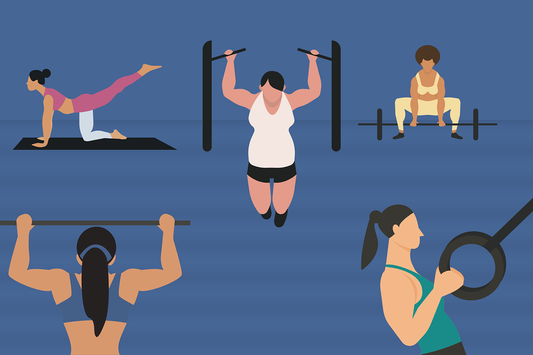
💓 Heart through training and work - High heart rate - Comparison and effects
Međimurski cekerHeart rate is an important indicator of cardiovascular health, but high heart rates can have different causes and effects depending on the context. Here are some aspects to consider:
High heart rate
1. Physical activity:
* Pros: High heart rates during exercise can improve cardiovascular health, strengthen the heart, improve lung capacity and promote fat loss.
* What happens: The body increases blood and oxygen flow to support the increased need for energy during activity.
2. Stress or anxiety:
* Pros: An increased heart rate in response to stress can help mobilize energy to face challenges.
* What happens: The adrenaline response causes an increase in heart rate, faster breathing, and increases the availability of energy for "fight or flight" from stressors.
Different heart rates:
* 40-60 beats: May indicate low activity level or good cardiovascular status at rest.
* 80-120 beats: Normal heart rate range during moderate physical activity.
* 140-180 beats: High beats during intense exercise or stressful situations.
Prolonged high heart rate:
* Physical activity: Long-term maintenance of high heart rate during training can improve fitness and burn calories.
* Stress: Long-term stress can have negative health effects, including an increased risk of cardiovascular disease, sleep problems, and other health problems.
Stress and physical reactions:
* Stress:
* The body reacts to stress by releasing hormones such as adrenaline and cortisol.
* Increased heart rate, faster breathing, increased blood pressure and blood flow to the muscles.
* Stress due to training:
* It has similar physiological effects to stress, but usually has positive long-term effects on the body.
* The body adapts to stress through processes such as increasing heart capacity and improving fitness.
Comparison of stress for different reasons:
* Stress at work vs. training:
* Stress at work can be chronic and long-lasting, which can have negative effects on health.
* Training stress is usually short-lived and adaptive, with long-term health benefits.
Ultimately, it is important to properly manage stress, and high heart rates should be in the context of physical activity or a stressful environment. A consultation with a physician or exercise specialist can provide more accurate information about an individual's health status and recommendations for optimal heart rate management.








































































